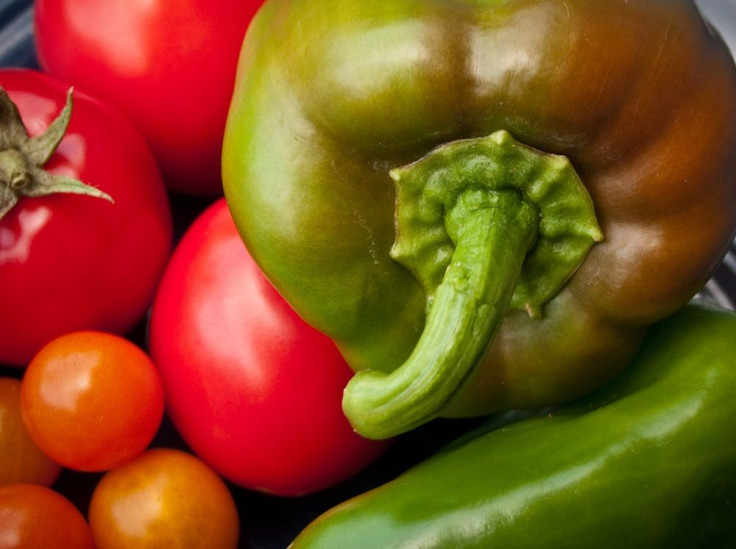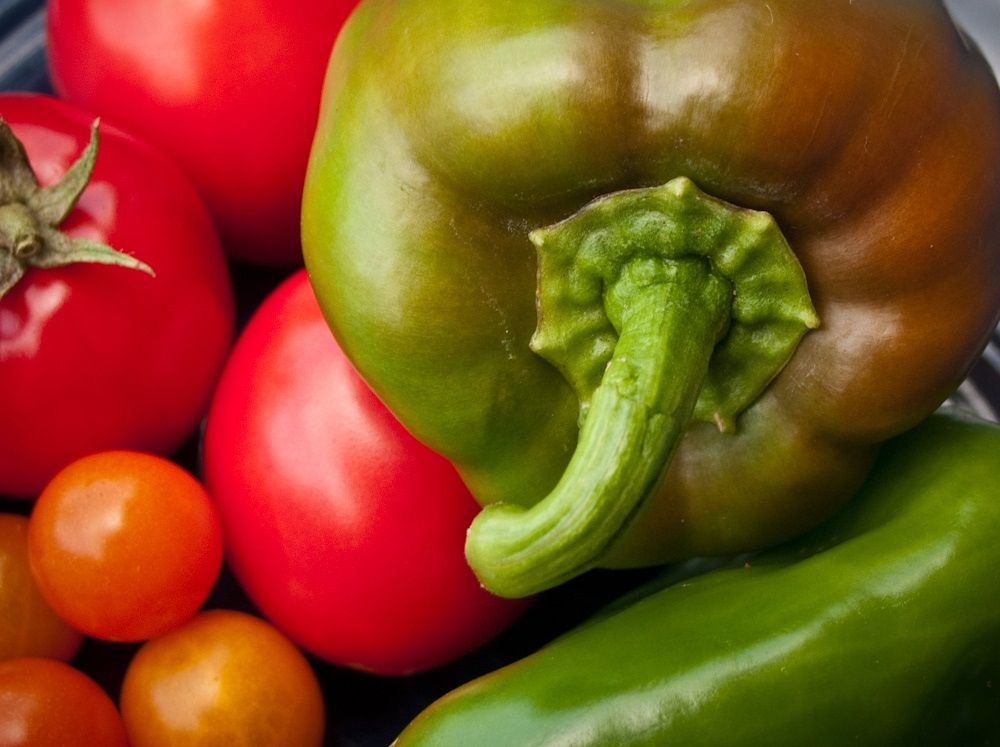Raw Food vs. Cooked Food: 6 Foods You Should Always Eat Raw For Nutritional Value

Cooking helps soften our food so our digestive system can process it more smoothly. However, steaming, microwaving, boiling, and stir-frying have an effect on the nutrients and health-promoting compounds of certain foods. Foods such as raw fruits, vegetables, nuts, seeds, and sprouted grains are typically consumed in their most raw and natural state.
So, we begin to ask ourselves: To cook or not to cook?
A 2008 study published in the British Journal of Nutrition found participants who followed a strict raw food diet had normal levels of vitamin A and relatively high levels of beta-carotene (an antioxidant found in dark green and yellow fruits and vegetables) but low levels of the antioxidant lycopene (red pigment found in tomatoes and red bell peppers, among others). This suggests not all vegetables eaten raw are healthier, nor should all cooked or processed foods be cut out of a healthy diet.
Kevin Meehan, a holistic practitioner and founder of Meehan Formulations in Jackson, Wyo., believes there are nutritional benefits in lightly cooking some vegetables. “In the case with many vegetable types, the heat breaks the cell wall, which liberates its carotenoid content, making this more bioavailable for us when we consume them,” he told Medical Daily in an email. For example, when peppers are cooked, Meehan says, their vitamin C content chemically decomposes, but their carotene availability increases.
Click "View Slideshow" for foods to always eat raw to reap the most nutritional benefits.




























